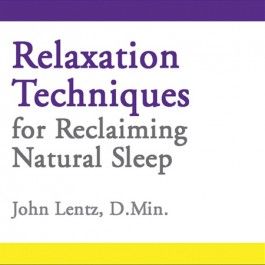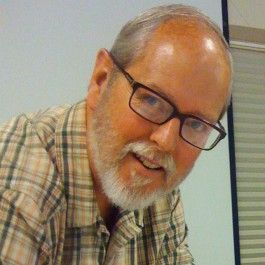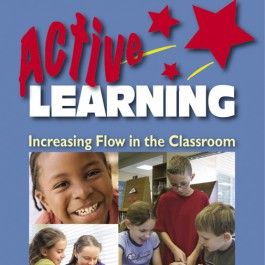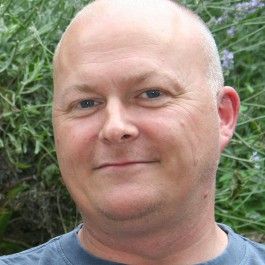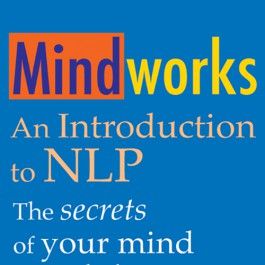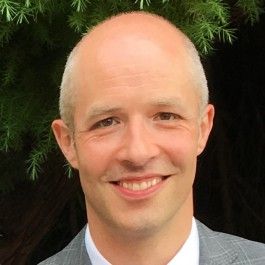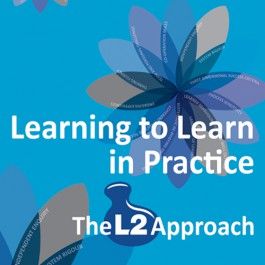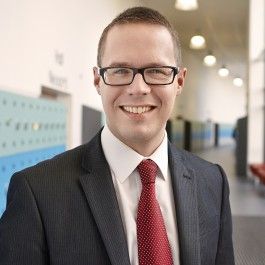Author list
John Lentz, D. Min
John D. Lentz, D.Min, is both a licensed therapist and an ordained minister in Hardin County, Kentucky. His ministry includes directing the Ericksonian Institute of Jeffersonville, Indiana, where he practices marriage and family therapy, and teaches hypnosis for use in clinical settings. He has written four books: Therapeutic Meditations: 40 Days and 40 Nights to Change; How the Word Heals; Effective Handling of Manipulative Persons and his most recent volume, The Compassionate Healing of Sex Addicts.
Byron Lewis
Byron Lewis, M.A., studied under Dr. John Grinder, participating in the original research that laid the foundations for NLP. During the 1980s he was the director of the Meta Training Institute, conducting seminars and workshops in the field of NLP. He then specialized in the field of addictions and worked as a drug and alcohol abuse counselor, an outpatient clinical director (supervisory counselling psychologist), a county alcohol and drug abuse outpatient program director and a county health department senior analyst. He also authored Sobriety Demystified: Getting clean and sober with NLP and CBT.
Gina Lewis
Rob Lewis
Helen Lewis
Dr Helen Lewis is Programme Director for PGCE at Swansea University School of Education. Part of her role involves leading an educational anthrozoology module, and undertaking original research into the impact of animal-assisted interventions in educational settings. After studying animal and human behaviour at university she became a primary school teacher and has worked in education for over twenty years.
10 at-home learning ideas that hardly cost a penny' - click here to read the full article on The School Run.
Anné Linden
After 18 years as a professional actor Anné Linden went back to college and trained to be a psychotherapist. Anné founded the New York Training Institute for NLP and the NLP Center for Psychotherapy - the first of their kind in the world. Anné introduced NLP to Europe undertaking the first NLP Practitioner Training in the Netherlands in 1982 and certifying the first European Trainers in 1985. She continues to train and teach in France, Belgium and the Netherlands.
Kevin Lister
After spending the early part of his career in engineering and project management, Kevin Lister retrained as a teacher in 2009 and has never looked back – moving rapidly through various posts to his current role as senior assistant head teacher at an academy in Warwickshire. Over the last several years, Kevin has contributed to international forums, presented at and organised TeachMeets and delivered training days both for his own school and for a wider audience.
'NQT Special: How to get your work/life balance right as an NQT-
Click here to read Kevin Lister's blog.
Bryn Llewellyn
Bryn Llewellyn is the founder of Tagtiv8, having previously worked in various UK schools for 25 years as a teacher, deputy head and acting head teacher. His pioneering approach to physically active learning (Move & Learn) not only provides an enjoyable alternative to classroom-based learning, but also promotes physical activity – crucial when challenging the increasing problem of sedentary lifestyles. Bryn acts as an advisor to the BBC and the Premier League on their education content.
Mark Lovatt
Amanda Lowe
Bill Lowe
Bill Lowe started his working life as a secondary school history and PE teacher, before moving into a primary setting and progressing to headship. From there he went into higher education as a senior lecturer at Newman University, Birmingham, and now works as a leadership and learning consultant and writer ' a role in which his 20 years of leadership experience are put to good use.
Click here to read Bill Lowe’s blog.
Ian Loynd
Ian Loynd has a wealth of experience as a teacher, school leader, governor, author, educational consultant and trainer. He is currently assistant head teacher at a large comprehensive school in Cardiff. Prior to this, Ian worked in pastoral leadership as Director of Studies and as a secondary mathematics teacher. He works regularly alongside teachers, students, parents and community groups as a speaker and trainer.

